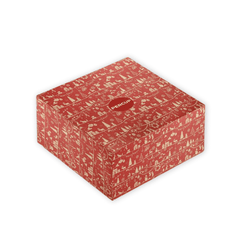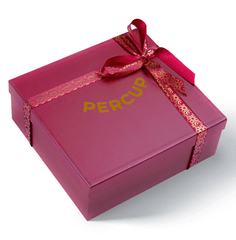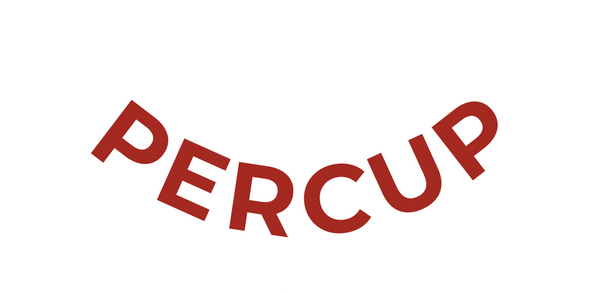As coffee enthusiasts, we often find ourselves navigating a maze of certifications and labels when selecting our next bag of beans. From Fair Trade to Organic and beyond, these certifications can significantly impact the quality and ethical aspects of our coffee. But what do these labels actually mean, and how do they affect your coffee experience? In this post, we’ll demystify the world of coffee certifications, helping you make informed choices that align with your values and taste preferences.
1. Fair Trade Certified
What It Means: Fair Trade certification ensures that coffee is produced under fair labor conditions and that farmers receive a fair price for their beans. The Fair Trade certification focuses on improving the livelihoods of farmers in developing countries by promoting equitable trade relationships and sustainable farming practices.
Why It Matters: Choosing Fair Trade coffee supports ethical labor practices and helps ensure that farmers can support their families and communities. It often includes additional community development projects funded by Fair Trade premiums.
How to Spot It: Look for the Fair Trade Certified label on coffee packaging. This certification is often accompanied by a logo that signifies adherence to Fair Trade standards.
2. Organic Certified
What It Means: Organic certification signifies that the coffee was grown without synthetic pesticides, herbicides, or genetically modified organisms (GMOs). Organic farming practices focus on maintaining soil health and ecological balance.
Why It Matters: Organic coffee is grown using methods that are better for the environment and the health of consumers. It also often results in a purer flavor profile, as the absence of chemical fertilizers and pesticides can enhance the natural taste of the coffee.
How to Spot It: Look for the USDA Organic label or other recognized organic certification logos on the packaging. These ensure that the coffee meets strict organic standards.
3. Rainforest Alliance Certified
What It Means: Rainforest Alliance certification focuses on environmental sustainability and social responsibility. Coffee farms that receive this certification adhere to practices that protect ecosystems, conserve water, and support fair labor conditions.
Why It Matters: Choosing Rainforest Alliance certified coffee supports biodiversity and helps combat deforestation. It also ensures that workers are treated fairly and that farms operate sustainably.
How to Spot It: Look for the Rainforest Alliance Certified seal on the packaging. This logo indicates that the coffee meets rigorous environmental and social standards.
4. UTZ Certified
What It Means: UTZ certification (now part of the Rainforest Alliance) focuses on sustainable farming practices, including improving crop yields and enhancing workers’ conditions. It aims to make coffee farming more productive and sustainable.
Why It Matters: UTZ certified coffee helps improve the livelihoods of farmers and ensures that coffee is produced using environmentally friendly practices. It also includes efforts to improve agricultural practices and quality.
How to Spot It: Look for the UTZ Certified logo, which signifies adherence to sustainable farming and fair labor practices.
5. Direct Trade
What It Means: Direct Trade is not an official certification but a trade practice where roasters buy coffee directly from farmers or cooperatives. This model often emphasizes quality, transparency, and better financial returns for producers.
Why It Matters: Direct Trade can ensure that coffee is of high quality and that producers receive a better price for their beans. It fosters a direct relationship between roasters and farmers, which can lead to more sustainable and ethical practices.
How to Spot It: Direct Trade coffee may not have a certification label but is often highlighted by roasters who prioritize transparency and direct relationships with growers.
6. Specialty Coffee Association (SCA) Certification
What It Means: The Specialty Coffee Association (SCA) certification focuses on quality and excellence in coffee production. It includes rigorous standards for sourcing, roasting, and brewing.
Why It Matters: SCA certification ensures that the coffee meets high standards of quality and flavor. It is a mark of excellence in the coffee industry, highlighting beans that have been carefully selected and expertly processed.
How to Spot It: Look for coffee brands that highlight their SCA certifications or awards, indicating that their coffee has met high-quality standards.
Final Thoughts
Understanding coffee certifications helps you make choices that align with your values, whether you prioritize ethical labor practices, environmental sustainability, or exceptional quality. Each certification represents a commitment to specific standards and practices, enriching your coffee experience beyond just the flavor in your cup.
Next time you’re selecting a new bag of beans, take a moment to consider the certifications and what they represent. By choosing certified coffee, you’re supporting better practices and contributing to a more sustainable and equitable coffee industry.
Happy sipping and exploring the world of coffee certifications!




















